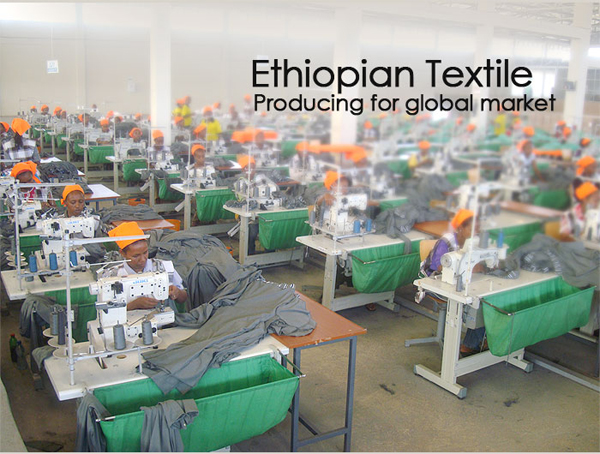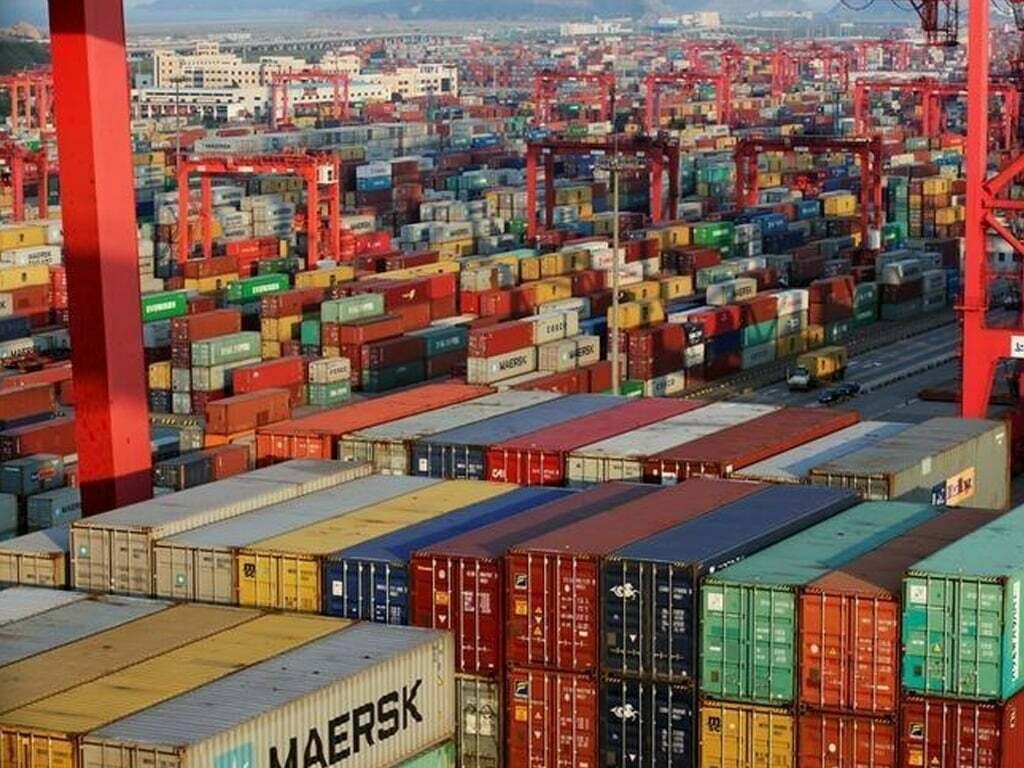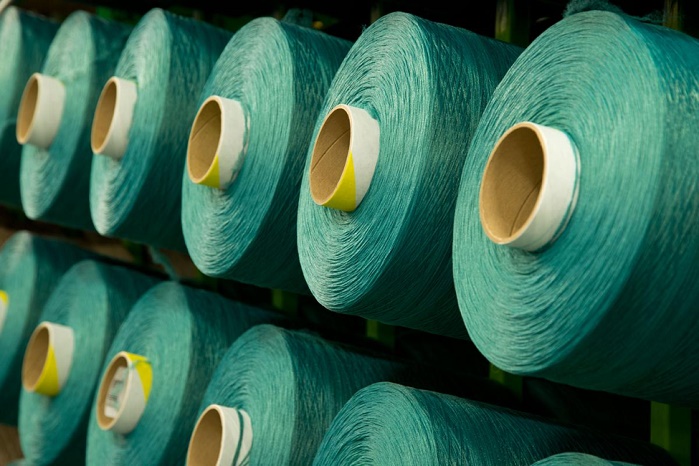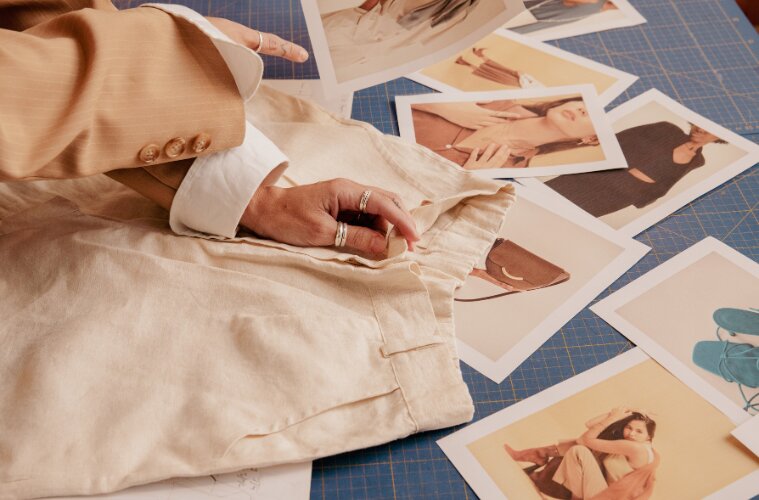"Ethiopia has many positives from a stable and peaceful political environment, affordable electricity to cheap labour. Entry-level salaries for workers in Ethiopia's textile industry range from $35 to $40 a month, lower than Bangladesh's minimum wage of $68 per month and far below the average wage of $500 in the China. Ethiopia doesn't follow any minimum wage rule, hence, workers are often willing to work for whatever wage they are offered."

While on one hand, low wages, cheap power and a stable political situation are posing as lucrative reasons for foreign textile companies like H&M to move its sourcing needs to Ethiopia, experts warn that extremely low wages could trigger protests, where workers continue to struggle to make a daily living.
Positive factors lure western buyers to Ethiopia

Ethiopia has many positives from a stable and peaceful political environment, affordable electricity to cheap labour. Entry-level salaries for workers in Ethiopia's textile industry range from $35 to $40 a month, lower than Bangladesh's minimum wage of $68 per month and far below the average wage of $500 in the China. Ethiopia doesn't follow any minimum wage rule, hence, workers are often willing to work for whatever wage they are offered.
With global brands shifting their attention to Africa for their sourcing requirements, and Africa being a major cotton producer is one of the few places in the world, where garment makers can establish the entire supply chain from fibre to fabric in one location. Unlike Bangladesh, African countries also have duty-free access to the US market under the African Growth and Opportunity Act (Agoa). Both jurisdictions have duty-free access to the EU, so African countries still tend to be outcompeted there.
With the help of global brands and government, Africa can look into resolving the challenges and emerge a strong sourcing destination, before it faces Bangladesh-like situation.
Minimum wages still a concern
While rising foreign investments in the country have brought hopes to the Ethiopian industry since it means more jobs, extremely poor wages are forcing workers to make ends meet. For instance a shoe factory in Duken, about a half hour drive from the Debre Zeyit garment plant, run by Chinese company Huajian employs around 3,800 Ethiopian men and women. Shoes made at this plant are supplied to big brands such as Guess, Naturalizer and Toms but basic salary of an employee is just 600 birr of €26 for working eight hours and when worked for 10 hours, the pay increases by mere €6.
On the other hand, workers also lack skill-sets required to create a quality product. The Huajian company, founded in China in the 1980s by former military officer Zhang Huarong also follows a military drill to motivate its staff. However, employees already tired of doing daily chores like fetching water from long distance do not really enjoy more physical exercise at work.
Also around 75 per cent of all Ethiopian companies still refuse to permit trade unions, which companies fear would lead to protests and bargaining for higher minimum wages and other benefits. However German clients like Tchibo have been putting pressure on the company working for them in Ethiopia to increase the minimum wages, which led to the factory offering 25 per cent rise. Now industry players expect more companies like H&M to put pressure on Ethiopian factories to raise salaries.
www.hm.com











